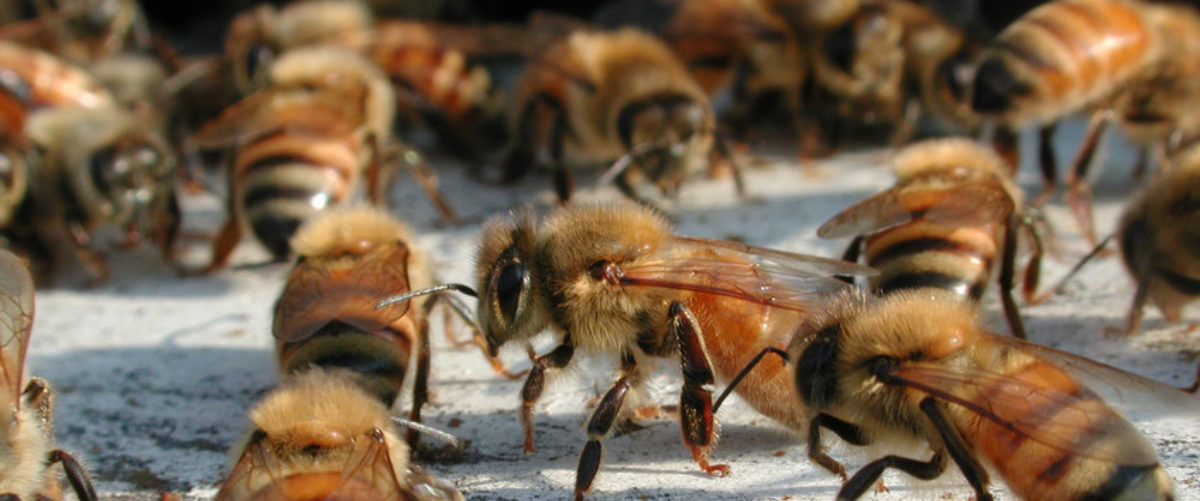How would you describe your association with apiculture? State apiarist, Extension specialist
What is your specific area of expertise? Entomology, Apiculture and Integrated Pest Management
Please describe the policy needs in your state.
Please describe the programming needs in your state. Advanced beekeeping techniques and education, Beekeeper education on integrated pest management in beekeeping (Varroa). Training in sustainable agriculture in cooperation with pollinator protection efforts.
Please describe the research needs in your state. Understanding impact of landscapes on ability to feed bees; developing honey bees as bioindicators for habitat quality for them and other insect pollinators; investigating overlap between honey bee foraging areas and alternative pollinators’ habitat;
Describe ongoing happenings in your state (policy, programming and/or research). There are several research labs at Virginia Tech that investigate honey bees and other insect pollinators. Together these labs form The Bee Group at VT (https://www.ento.vt.edu/the-bee-group-at-vt.html).
The Couvillon Lab at Virginia Tech investigates the dynamics of how pollinators collect their food in the landscape, with a specific focus on honey bee foraging, recruitment, and health. Additionally, Drs. Couvillon and Wilson have led the effort to gain “Bee Campus USA” Certification.
The Tracy Lab at Virginia Tech is working on a multi-year “bee-friendly beef” project to integrate native wildflowers in cattle pastures to help create habitat for pollinator conservation. As the pollinator specialist on the team, Dr. Parry Kietzman is conducting surveys of pollinator prevalence in the wildflower-enhanced landscapes to help determine their success as restored landscapes. More about this program can be found at beesandbeef.spes.vt.edu.
The Beehive Distribution Program (https://www.vdacs.virginia.gov/plant-industry-services-beehive-distribution-program.shtml) provides equipment to individuals for the construction of new beehives. In response to growing need for honey bee resources local beekeeper associations are promoting nucleus hive and queen production and beginner beekeeping training, as well as instruction regarding advanced beekeeping topics.
The BeeCheck program is a voluntary communication tool that enables crop producers, beekeepers, and pesticide applicators to work together to protect specialty crops and apiaries through use of mapping programs (https://vabeecheck.org).
What do you feel are the most pressing issues in the mid-Atlantic region? Besides improving honey bee sustainability, finding (long-term) answers to varroa, nosema, and other maladies. Sustainable beekeeping practices.
- VT Bee Campus USA
- The BeeGroup @ VT: https://www.facebook.com/BeeGroupatVT/?ref=bookmarks
- The Couvillon Lab at Virginia Tech
Virginia is supported by a state apiary program, extension specialists, and entomologists. Its leaders in beekeeping are experts in apiculture and integrated pest management, providing resources for their beekeeping communities. There is still an excellent network for hive and colony distribution within the state.
MAAREC representatives for Virginia are Martha Kiene, VA Beekeepers Assoc; Keith Tignor, VA State Apiarist; James Wilson, VA Extension; Maggie Couvillon, VA Tech; Parry Kietzman, VA Tech; Frank Walker, VA Master Beekeepers Program.
